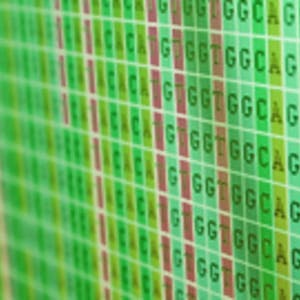The Plant Bioinformatic Methods course offered by the University of Toronto on Coursera is an exciting exploration of the wealth of data available in plant biology. This specialization delves into the analysis of plant genomes, RNA-seq data, protein-protein interactions, and more through hands-on modules. It covers essential bioinformatic tools and resources specific to plant biology, providing a comprehensive understanding of the incredible scope of data available to researchers.
Whether you're a plant molecular biologist or a student considering graduate school in biological sciences, this course offers a valuable opportunity to gain hands-on experience with bioinformatic tools and resources specific to plant biology.
Certificate Available ✔
Get Started / More Info
The Plant Bioinformatic Methods course consists of Bioinformatic Methods I, Bioinformatic Methods II, Plant Bioinformatics, and Plant Bioinformatics Capstone. These modules cover topics such as databases, multiple sequence alignments, gene expression data analysis, protein-protein interactions, and more.
Large-scale biology projects have generated a wealth of data for biologists, creating the challenge of analyzing and accessing these data. Bioinformatic Methods I focuses on employing existing bioinformatic resources to access and analyze data, covering multiple sequence alignments, phylogenetics, gene expression data analysis, and protein interaction networks. It provides a hands-on experience with essential bioinformatic tools and resources.
Bioinformatic Methods II continues the exploration of large-scale biology projects, focusing on employing bioinformatic resources to access and analyze data. This module covers motif searching, protein-protein interactions, structural bioinformatics, gene expression data analysis, and cis-element predictions. It provides students with a comprehensive understanding of various bioinformatic tools relevant to biological sciences and molecular medicine.
Plant Bioinformatics delves into the exciting developments in plant biology over the past 15 years, covering topics such as genome sequencing, RNA-seq, protein-protein interactions, and data analysis methods. This module explores 33 plant-specific online tools for genome browsers, transcriptomic data mining, promoter/network analyses, and more, providing a hands-on experience for students interested in plant molecular biology.
The Plant Bioinformatics Capstone utilizes the 33 plant-specific online tools covered in the previous modules to hypothesize a biological role for a gene of unknown function. Students summarize their findings in a written lab report, applying their knowledge and skills gained throughout the course. This capstone project offers a valuable opportunity for students to showcase their understanding of plant bioinformatic methods.
Human Predicament Complex Modeling is a guided project introducing a framework to understand global stressors, using Loopy and Mental Modeler to interconnect these...
Learn about particle accelerators and their applications in the fascinating world of NPAP MOOCs.
Discover the principles of solid scientific methods in the behavioral and social sciences. This course emphasizes research integrity and covers fundamental principles,...
Systems Biology and Biotechnology Capstone is a comprehensive course that provides advanced knowledge and practical skills in systems biology and biotechnology,...